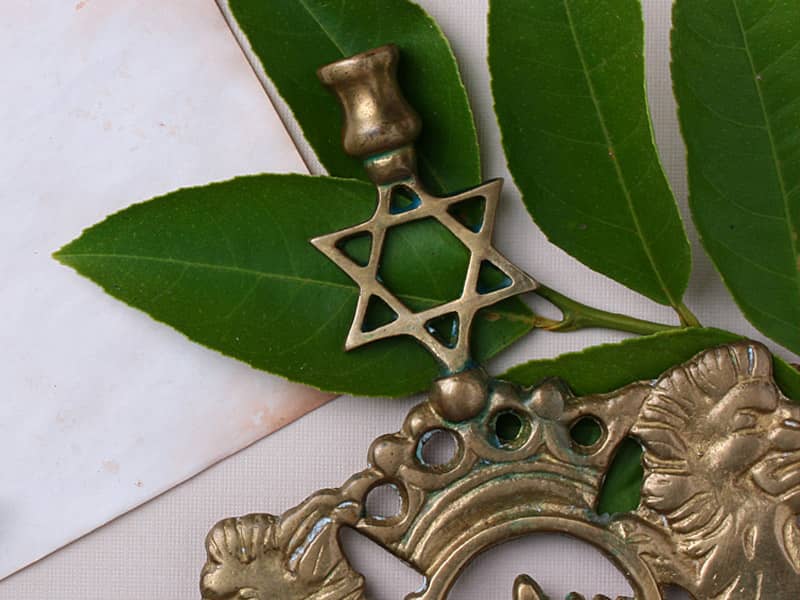This custom-designed product is delivered to your door in three to four weeks. There are 10 choices for the base color of the shoe, eight possible "accent colors," seven options for the column color and then, to top off the personalization, customers select their own "ID" -- a name or nickname or motto emblazoned on their shoe. This is the sports shoe for our generation, self-designed, individualistic, and reflective of the combination of tastes and preferences of its wearer.
A similar trend has been appearing on the field of Jewish religious life. Denominations don't speak to many of my generation. This increasing irrelevance of denominational labels is not because Reform is becoming more traditional and Conservative is moving more to the left. (This is an oversimplification of diverse stands those movements have taken in recent years.) Rather, it is because of a widespread reluctance of many young Jews to stake out one camp, one institution, one movement in Jewish life as our own. We resist categorization. We don't want to be labeled. We seek a model of Jewish life that is self-designed.
In the hundred years or so since the labels "Reform," "Conservative" and "Orthodox" emerged on the scene, we've experienced several paradigm shifts as an American Jewish community. Since that time, American life also has radically changed.
For much of the last century, these labels were not primarily descriptions of theology. While rabbis and a minuscule group of laity found in those labels ideological positions that served as guides, the majority of Jews who clung to these oversimplified labels did not do so because they were well versed in the religious positions of those movements. Thus, "Conservative" rarely indicated the positive historical approach to Jewish law that its official doctrine posited. Few "Reform" Jews could articulate the idea of "progressive revelation" that was meant to ground the approach of its adherents.
Some of the most obvious evidence of the growing discomfort with denominational labels can be seen in the emergence of more ambiguous labels to replace the old. Words like "liberal" (as opposed to Reform or Conservative) or "halachic" (in place of Orthodox or traditional Conservative) are perhaps way stations to the elimination of the labels that have defined Jewish life for so long.
Our generation is characterized by the idea of hybrids, not just with regard to being Jewish and American, but by additionally defining ourselves in a myriad of complex ways -- through gender, sexuality, politics, athletic pursuits and musical tastes. The number of choices open to us has multiplied exponentially, and the sources of influence over us have increased as well. We have gone from three television stations to hundreds, from one or two sources of news to the ability to access newspapers from across the globe.
In many ways, our generation has moved entirely beyond "isms." In the political arena, there is an increasing number of independents as the number of registered Republicans and Democrats decreases. We are skeptical of movements that, through consensus and rhetoric, unite thousands under a single banner. We seek nuance. We like breaking down dichotomies. We see "truths" in more than one camp. The waning relevance of denominational labels is a religious internalization of the fact that we are too complex to be boxed in to just one category. We are like those new electric cars that still run on gas.
What many of our generation tend to do is to construct hybrid combinations of Jewish life that may appear consistent only in their inconsistency. We create Judaisms as diverse and individualistic as the Jews who practice them. While the results can seem confusing and disorienting, these new Jews are as reflective of a 21st century America as "Reform," "Conservative" and "Orthodox" were of the context of their lives generations ago.
One of the defining films of the 1980s was "The Breakfast Club." Released in my final year of high school, it portrayed a day in detention of five seemingly diverse high school students. In the end, they assert in a letter to their principal, "You see us as you want to see us, in the simplest terms, the most convenient definitions. But what we found out is that each one of us is a brain, and an athlete, and a basket case, a princess and a criminal."
Perhaps in this new century, each one of us is Reform, Conservative, Orthodox and Reconstuctionist.

